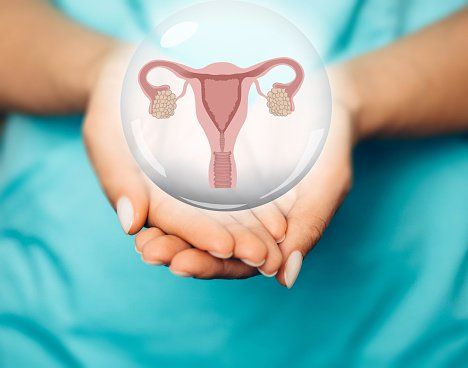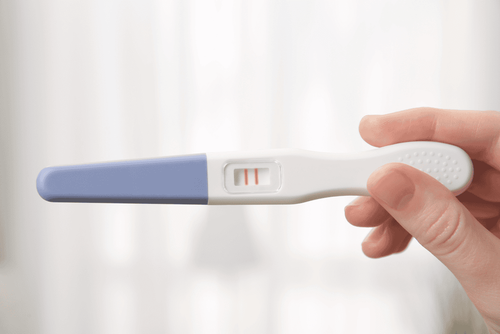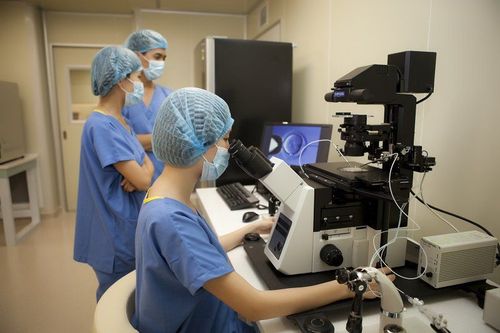A cold uterus is a common condition nowadays and can potentially lead to infertility in women. There are various causes of a cold uterus, and due to its adverse effects on reproductive health, it is essential to know how to treat this condition as soon as it is detected.
1. Cold uterus
Cold uterus is a term commonly used in traditional Eastern medicine. It refers to the imbalance of yin and yang within a woman's body, resulting in a cold uterus. This condition causes the blood vessels supplying the uterus to constrict, making it difficult for normal uterine functions such as ovulation and fertilization to occur. Over time, this can lead to infertility in women.
In Eastern medicine, maintaining a balance of yin and yang is essential for good health. Yang energy, which warms the body, typically becomes more active in the second half of the menstrual cycle. When Yang energy is adequately supplied to the body, blood vessels dilate, and blood circulation improves, creating an ideal environment for ovulation, implantation, and fertilization. However, when there is a deficiency of yang energy, blood circulation is poor, including to the uterus, causing it to become cold and preventing the development of eggs.
Signs of Yang energy deficiency in the body:
- Feeling cold, especially in hands and feet.
- Symptoms of hypothyroidism.
- Frequent digestive disorders.
- Spotting before the menstrual cycle or clotted menstrual blood.
- Shorter luteal phase (the second half of the menstrual cycle).
- Lower back pain during menstruation.
- Menstrual cramps are relieved by warming the abdomen.
- Frequent miscarriages.
- Infertility.
- Delayed ovulation.
- Inability to ovulate.
Causes of cold uterus:
- Consuming cold foods and drinks: Regular intake of cold items can lead to a cold uterus, causing menstrual cramps and irregular cycles. It can also affect the stomach.
- Low body temperature: When the body is cold, it creates a yin-yang imbalance, with yin overpowering yang, leading to coldness and affecting reproductive health.
- Sitting on cold or wet surfaces: This can cause the body to absorb cold, leading to a cold uterus.
- Exposure of the abdomen and back to cold: Inappropriate clothing for the weather can allow cold from the environment to enter the body through the navel, causing coldness.
- Swimming during menstruation: Hormonal changes and an open cervix during menstruation can increase the risk of cold exposure when swimming.
- Getting wet in the rain: This can also result in a cold uterus.

2. Treating a cold uterus
There are several methods to treat a cold uterus:
- Consume warm and hot foods, including items like ginger and hot tea that provide warmth.
- Avoid consuming cold-natured foods such as cabbage and watermelon.
- Eat nutrient-rich foods that nourish the blood vessels, such as meat, fish, and peanuts.
- Soak your feet in hot water for 10 to 20 minutes daily, and make sure to dry them thoroughly to avoid catching a cold.
- Use warm towels to apply to the abdomen and back to keep the body warm.
- Practice exercises like Tai Chi and Qigong to help improve blood circulation.
- Massage the Sanyinjiao point, located four finger-widths above the inner ankle bone.
- Dress warmly to keep the body, especially the navel, warm. In winter, wear socks to retain heat.
- Change clothes and dry hair immediately after getting wet
A cold uterus is a gynecological condition often overlooked but crucial for women's reproductive health. It should be prevented early and treated promptly to reduce infertility risks.
To arrange an appointment, please call HOTLINE or make your reservation directly HERE. You may also download the MyVinmec app to schedule appointments faster and manage your reservations more conveniently.








